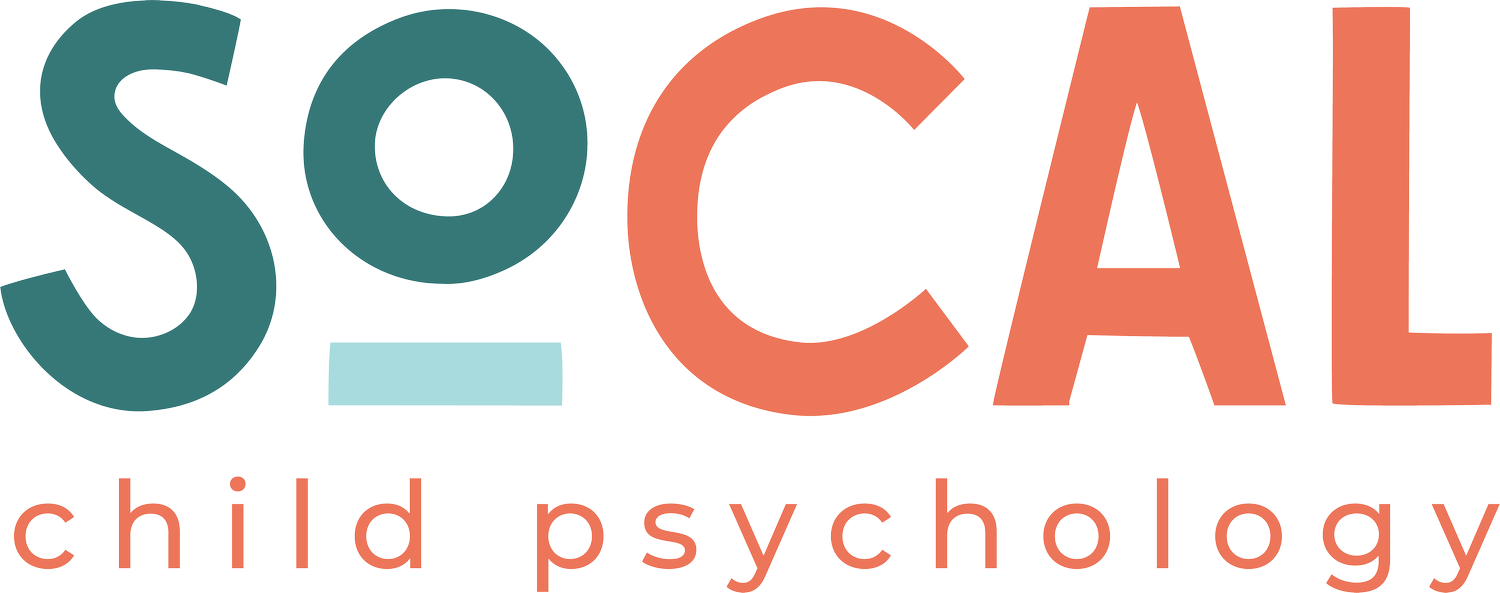How to Know When It’s Time to Be Concerned About Your Child’s Anxiety
As a parent or caregiver, it’s not easy to think about your child struggling with anxiety.
Unfortunately, it happens more frequently than you might think. According to the National Institute of Mental Health, approximately 12% of children ages 3-17 have an anxiety disorder.
While anxiety can often be managed, it’s important to know the common signs and when you should worry and take action. Don’t assume your child will “get over it” or that their worries are just a phase.
Prioritizing their mental health now will encourage them to do the same as they get older.So, how do you know when it’s time to worry about your child’s anxiety?
Let’s look at some of the signs and what you can do to help them.
Excessive Worry
One of the most significant warning signs of anxiety is extreme, excessive worry, especially when the fear is disproportionate to the situation at hand.
Everyone worries from time to time.
However, when it starts to disrupt your child’s ability to function, consider it a red flag.
Anxiety can make it difficult for your child to stay focused in school.
You might notice that their performance starts to suffer.
Beyond that, it can cause disruptions to their daily life, including their ability to eat and sleep.
If you begin to notice a change in these habits, it’s important to intervene as soon as possible.
Avoiding the Things They Enjoy
Kids typically have plenty of hobbies and love spending time with their friends.
Anxiety can wreak havoc on both of those things. It’s not uncommon for people with anxiety to withdraw.
They tend to pull away from things they enjoy doing and the people they usually like spending time with.
That can be extremely hard on a child, as their friends might not understand what’s going on, and it can create discord in formative relationships.
Unfortunately, this kind of isolation often makes the symptoms of anxiety worse and the worrying thoughts more extreme.
Physical Symptoms
Even though anxiety is a mental health condition, it often manifests itself through physical symptoms.
These might be easier to notice in your child if they consistently aren’t feeling well.
Some of the common physical issues associated with anxiety include stomach problems, headaches, and trouble sleeping.
If these symptoms are persistent, consider taking your child to a doctor to rule out other medical issues and bring up the possibility of anxiety.
What Can You Do?
If you see your child struggling with anxiety, you might feel helpless.
However, there are steps you can take to address the situation and ensure your child receives the help they deserve.
Start by simply listening to them.
Pay attention to the things they’re worried about and offer your listening ear without judgment.
Let them know their feelings are valid while encouraging healthy coping techniques.
Practices such as deep breathing exercises, mindfulness, and meditation can go a long way.
Consulting with a mental health professional about therapy for anxiety is one of the best things you can do for your child. While anxiety can be managed, it’s not always easy for adults to do on their own, let alone children.
Therapy can help your child learn more about where their anxious thoughts are stemming from.
When they understand the root of the problem, they can learn strategies to cope and eventually overcome those thoughts.
Therapy will also teach them the importance of prioritizing their mental well-being now and in the future.
If you’ve seen some of these red flags start popping up in your child’s life, don’t hesitate to reach out.
Contact me today to set up a consultation.
Child Anxiety Therapy in San Diego & La Jolla
No parent wants to see their child held back by fear or constant worry. At SoCal Child Psychology in La Jolla, we offer child therapy for anxiety that helps kids across San Diego feel safer, calmer, and more confident.
Through play-based strategies and proven therapies, we teach children practical coping skills they can use at school, at home, and with friends. Parents are also included in the process, so you’ll have tools to support your child along the way.
📍 Based in La Jolla and serving families across California through telehealth.
👉 Contact us today to learn more about anxiety therapy for children in San Diego and how it can bring peace back to your family.


